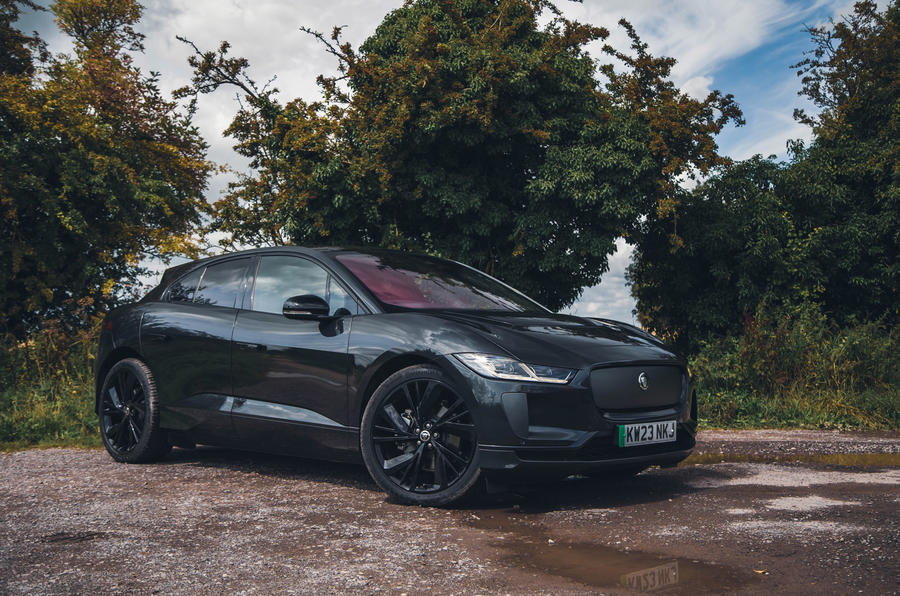Jaguar I-Pace owners are angry at JLR for abruptly pulling third-party access to its cars, ending the EV's ability to work with smart charging technology.
This means owners will now, in essence, see their energy bills soar, because they will no longer be able to remotely charge their EVs to preset amounts at the most economical times.
Smart energy tariffs such as Intelligent Octopus Go – which can achieve rates equivalent to 2.4p per mile by remotely regulating the car's charge – are no longer compatible with the I-Pace.
Apps for popular chargers such as the PodPoint Solo and Ohme Home Pro, which can also regulate charging times themselves, are also now redundant.
However, JLR said that those who use its recommended Octopus Go tariff are unaffected, as it requires no data access. This differs to Intelligent Octopus Go as it has set times for cheaper pricing and owners are required to set their own charging schedules.
JLR’s own InControl Remote app can also be used to preset a charging time, the company said.
I-Pace owner Ailsa Chandler – who has now been moved by Octopus from the Intelligent to the standard Go tariff – told Autocar that this creates a new inconvenience and added cost pressures.
“I, like many others, have a 7kW charger," she said. "On this new tariff, you now need a good charging window in order to benefit from the reduced rates. I measured mine the other night: on the four-hour tariffs that Octopus are now offering, this would top up just 30% charge.
"Before [on the Intelligent tariff] I would set the percentage and a leaving time and Octopus would meet that without me having to do anything, and in the cheapest way possible.
“Now this reduced amount of charge means I either use public chargers to top this up or I have to pay full tariff pricing – something I wasn’t doing before and which will cost me a lot more money.
“I just don't know why they've done it. It’s like we're moving backwards.”
Her views are echoed by hundrds of owners writing on online forums. One wrote that their “jaw dropped” and they “still can't get [their] head around it”. Another, who had only picked up their I-Pace last week, said “the lack of flexibility is a killer”. One simply said they were "furious".









Join the debate
Add your comment
Also, these are available quite cheap as used vehicles.
Its more about charging when the grid is in low demand and emissions are lowest as well as cost. Over the life it does add up as you will appreciate. Undermines EVs just that bit further.